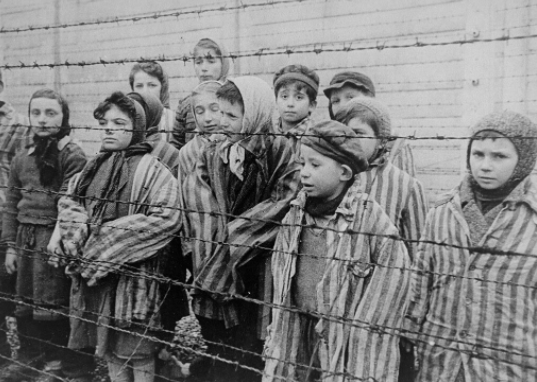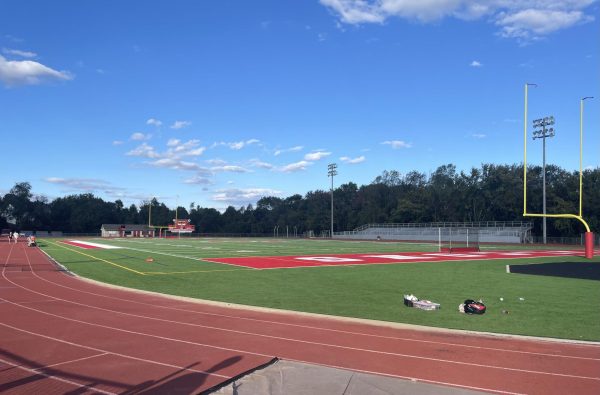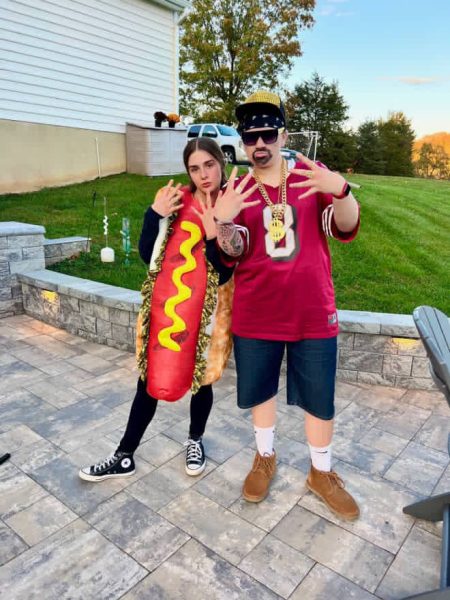Marking the Anniversary of Liberation of Auschwitz: The Struggle we Won’t Forget

Today, we remember those who lost their lives nearly 80 years ago as well as all those who survived by sharing their stories with generations to come.
Today, on January 27, we celebrate International Holocaust Remembrance Day. It’s a great opportunity for us to show compassion toward the victims of this tragedy and highlight the survivors. Although the Holocaust happened nearly 80 years ago, it’ still a vivid memory in the lives of all who were brave enough to escape this nightmare.
The Holocaust was the genocide of European Jews during World War II. The German Nazis, a political party led by Adolf Hitler, occupied Europe and oppressed the Jewish community. Out of six million fatalities, almost three million took place in Poland, persecuting its citizens more than in any other European country. At first they built Ghettos, segregated areas of towns made specifically for Jews, to isolate them from the rest of the Polish community. Later, concentration camps were built to exterminate the entire Jewish population.
Since I am Polish, the history of the Holocaust has always been close to my heart. One of my ancestors died in Auschwitz, which strongly impacted the life of my great grandfather. He was left alone, without a male parent, and as a 14-year-old, had to take care of his younger siblings. Trying to live a normal life was hard for him, knowing all the atrocities other people were experiencing. “What happened there was inhuman,” he would always say “everyone deserves respect and Germans did not show it to anyone except themselves.” People lost their lives simply because of their race or nationality, and those who opposed were also punished.
The main motive for Holocaust was racism and antisemitism. Nazis believed that people of the “pure” German race were superior to other communities. Jews, however, were a “poisonous” race, which weakened others. They were humiliated, harassed and murdered. Unfortunately, those issues are still present in our contemporary society. People of color are still viewed as “different” or even “inferior” to other races and are being discriminated against in almost every country in the world.
People in Poland still get goosebumps whenever they think about the Holocaust because it’s viewed as one of the biggest tragedies in Polish history. There are only a few Holocaust survivors among us today and we can not let their stories die with them. Their courage still inspires young people who will never be able to imagine the extreme cases of atrocities their ancestors had to witness.
As hard as it is for them to open up and speak about their tragic experience, the stories they tell, teach us more than anything we can read in our history textbooks. It is important to educate ourselves and always remember those who lost their lives during those tragic times. What is even more important, though, is to remember all the survivors who managed to bravely escape this nightmare. They are real-life heroes who can never be forgotten.
Thanks for reading The Falconer. We're happy to provide you with award-winning student journalism since 1963, free from bias, conflicts of interest, and paywalls. We're able to continue with the generous support of our local community. If you're able, please consider making a donation. Any amount is incredibly helpful and allows us to pursue new and exciting opportunities.





